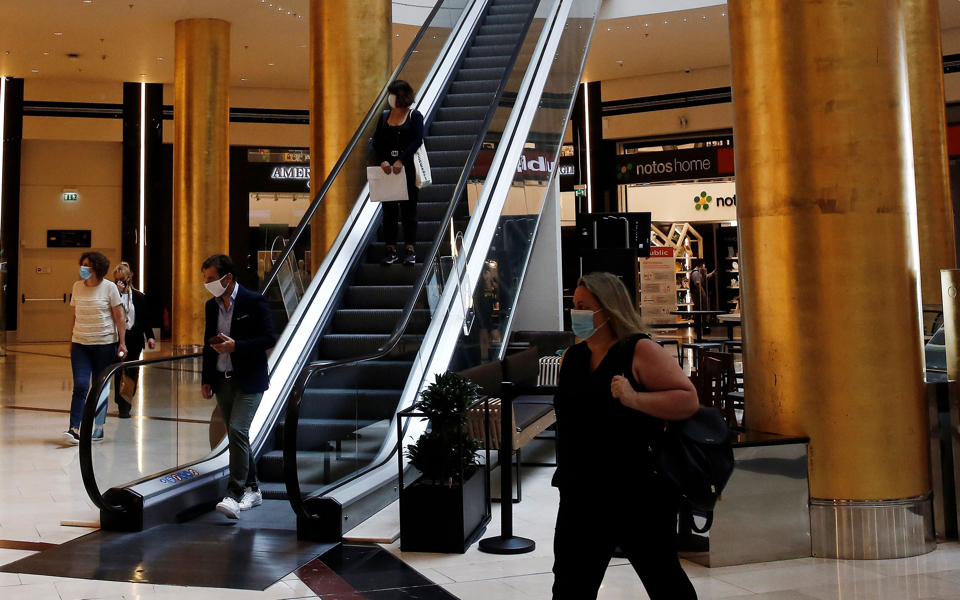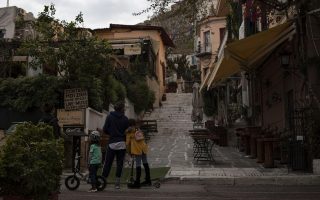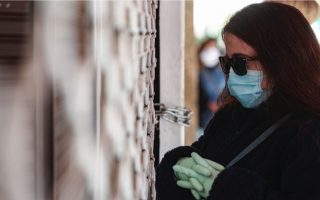Greeks cutting back on holiday shopping

The atmosphere is rather gloomy as last-minute shoppers fill Athens' central market Varvakeios and the neighboring streets ahead of New Year's Day, when Greeks traditionally exchange gifts. Several shops remain closed, and only a few people carry bags, with most pedestrians sticking to just window-shopping.
As Greek households' incomes have been reduced dramatically this year due to the impact of the Covid-19 pandemic on the economy and uncertainty remains, most citizens cut back on holiday shopping by 35-50% compared to 2019, according to surveys.
"The market here in the city center has been affected tremendously because our customers are not from the neighborhood," Andreas Niotis, vice president of the Varvakeios Market, told Xinhua. "As people are afraid of using public transport to reach the market, we witnessed a decline of 50-60% in revenues this season and throughout the year compared to last year. If this problem with the virus does not end soon, we won't have reason to be optimistic. We don't know how long we can last," he said, and many of his customers and passers-by shared his concern.
While the government launched a mass vaccination program last Sunday, 88% of Greeks still expect the new economic crisis caused by the pandemic to continue throughout 2021, a survey conducted by the Association of Business and Retail Sales of Greece (SELPE) found. It showed that 73% of respondents would spend less this season compared to last year, while 39% said they had reduced their budget for holiday shopping by more than 50%.
On average, Greeks will spend 128 euros per capita, with 19% of survey respondents saying they planned to spend up to €50, 22% €51-100, 25% €101-200, and 14% not a single eurocent.
At least half of Greeks will reduce their shopping budget by at least one third this year, said another survey carried out by Kaspersky.
Nikoletta is one of those who will not buy any gifts, she told Xinhua. She was only window-shopping on Ermou Street in front of the Greek parliament on Monday. She will cook for her loved ones, she explained. "We are all feeling undoubtedly the impact on our finances. It is obvious. The situation is difficult. We hope everything will go well and that this is the beginning of the end. I believe that next summer we will start taking our lives back," she said.
Vassilis, a pensioner exiting Varvakeios with the basic ingredients for the festive meal in his bag, also had to erase a lot from his shopping list this year.
For Greeks, the typical festive meal for Christmas and New Year's Eve includes turkey, pork or lamb, salad, cheese, wine, soft drinks and dessert. The average cost is 81.42 euros this year, marginally lower than last year, according to the Research Institute of Retail Consumer Goods (IELKA).
"Unfortunately, we had to shrink everything a lot. (We are spending) far less compared to last year. We purchased gifts only for our grandchildren. We hope the situation will improve," Vassilis said.
With the whole country still in lockdown and maximum nine people allowed to gather around a family table, there will not be much exchanging of gifts anyway.
[Xinhua]





